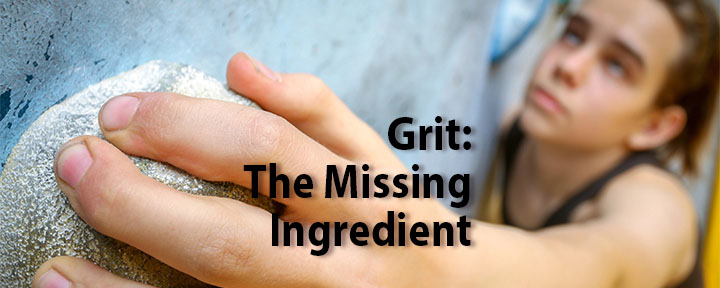
Every parent wants their child to be happy. We want to protect them from disappointment, shield them from failure, and make sure their self-esteem is never bruised. But in doing so, we may be doing them a long-term disservice. As well-meaning as helicopter parenting may seem, it’s often a barrier to the development of one of the most crucial life skills: grit.
Grit, as defined by psychologist Angela Duckworth, is the combination of passion and perseverance for long-term goals. It’s the drive that keeps your child practicing piano even when they’d rather be outside, trying out for the team again after being cut, or competing in the science fair when their competition is the parents of their peers. It’s what transforms a child into a confident, stable, and successful adult.
Children aren’t born with grit. It’s cultivated through life experiences that often consists of adversity. And that’s where many parents get lost. In trying to prevent our children from failure, we inadvertently rob them of the opportunity to learn how to bounce back, to adapt, and to push through. These are the very skills that they need to build confidence and resilience.
Consider a child who loses a soccer game. A helicopter parent might blame the referee’s call, question the coach’s training, or offer an immediate treat to soothe the sting of losing. A grit-building parent, on the other hand, might ask their child how they felt, discuss different strategies they could try next time, and plan to practice techniques that can make them better players. The first approach teaches that setbacks are caused by others and encourages the blame game. The second shows that setbacks are part of life and stimulates creative strategies to improve.
Today, children are often overscheduled, overstimulated, and overprotected. Many don’t have the time to simply work at something for the sake of getting better. They’re shuttled from activity to activity, with adults managing every detail of their lives. But when do children learn how to manage their time? Set priorities that are important to them? Stay up late to finish a project or wake up early to meet a deadline?
If our children don’t struggle, they won’t learn how to persevere and successfully reach their goals. And when they face inevitable challenges in high school, college, careers, or relationships, they may crash and feel like failures. We can’t fix their problems forever, but we can prepare them to find solutions and enjoy the feeling of overcoming obstacles with grit.
So, how can parents begin to foster grit?
1. Let them fail: Don’t rush to rescue them from every mistake. Whether it’s forgetting their homework or getting a poor grade, let them face the consequences. Offer support, and help them rethink their strategies.
2. Encourage long-term commitments: Whether it’s a sport, instrument, or project, help them stick with it even when it gets tough or boring. Grit is built through sustained effort over time.
3. Model perseverance: Share your own struggles and how you overcame them. Let them see that setbacks are normal and surmountable.
4. Focus on effort, not outcome: Praise the hard work, not just the win. When kids learn that effort matters more than perfection, they’re more likely to keep trying.
5. Teach time management: Instead of managing their schedules, guide them in using planners (G Cal), blocking off time to complete their tasks, and prioritizing their activities. These skills are essential for success and independence.
Ultimately, grit is what helps kids manage their world – the good, bad, and ugly. It’s not about being tough; it’s about being passionate and resilient. As parents, our job isn’t to pave the road, but to prepare our children for the journey—bumps, detours, and all.
Let’s stop fearing failure, instead, let’s embrace it as the teacher it is. Because in the end, the grit our children gain today will become the backbone of their success tomorrow.



